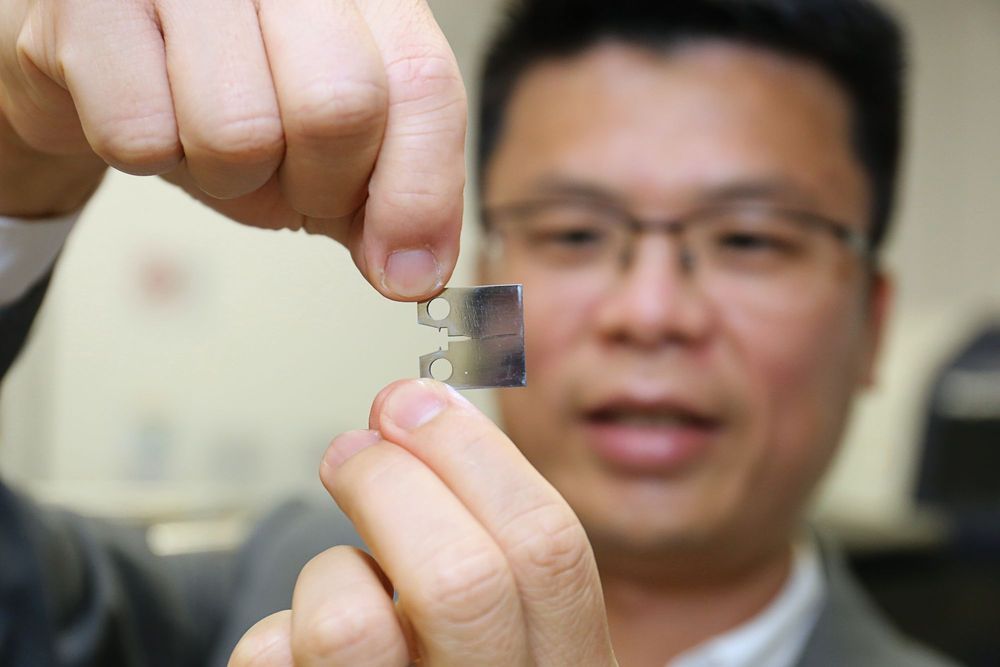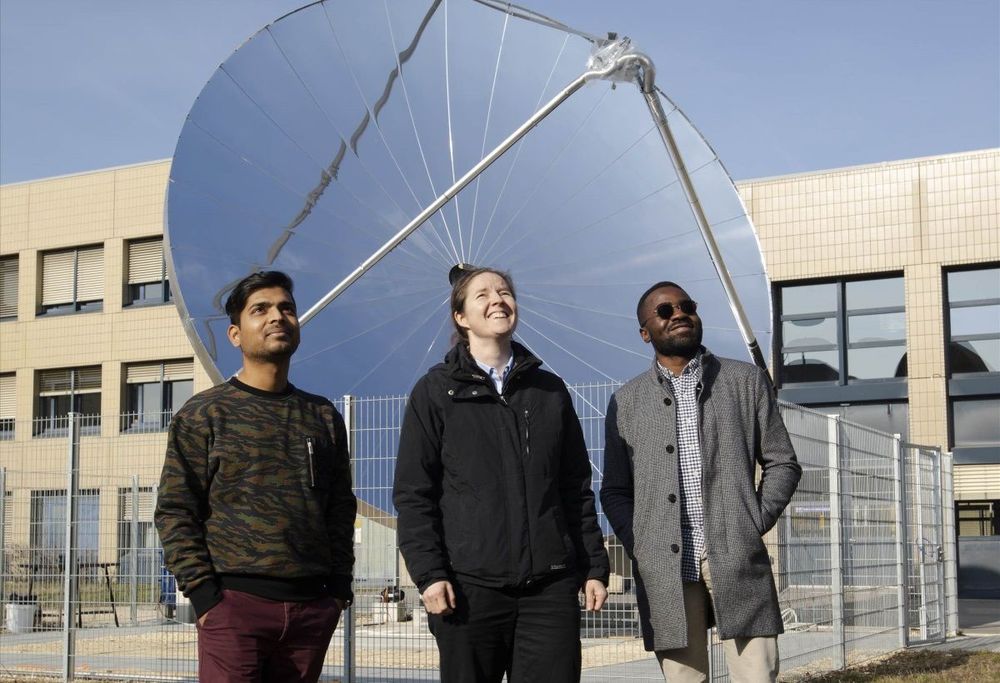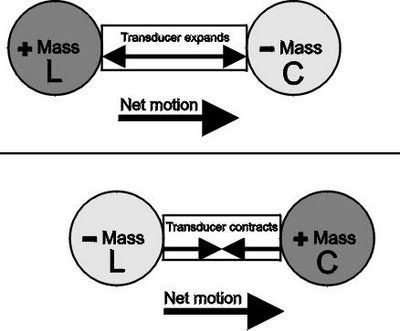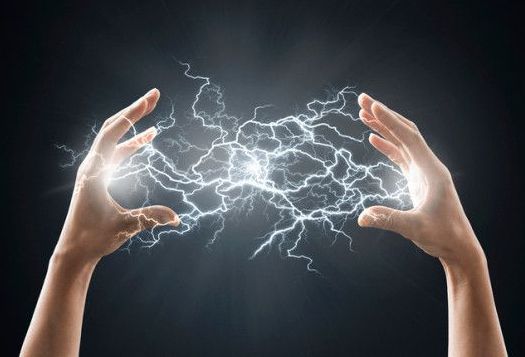The Czinger 21C is a 1,233bhp 3D printed hypercar complete with a turbo V8 revving to 11,000rpm, a 1+1 layout and $1.7m price tag. Oh, and the big news is it’s 3D printed. Well, large sections of the chassis are, paving the way for a revolutionary new car manufacturing process that could change… everything. It’s mind-blowing stuff, so let Jack Rix be your guide around California’s Koenigsegg rival.
WATCH MORE TOP GEAR:
http://bit.ly/TG-S27
http://bit.ly/StigCams
http://bit.ly/TG-Mercedes
MORE ABOUT TOP GEAR:
Want to watch a bit of Top Gear on the internet? Welcome to the most comprehensive collection of official clips you’ll find on YouTube. Whether you’re searching for a caravan challenge, Ken Block in the Hoonicorn, cars versus fighter jets, Stig power laps or the latest Chris Harris Drives, you can find all the iconic films here.
Want to share your views with the team? Join our BBC Studios Voice: https://www.bbcstudiosvoice.com/register
This is a commercial channel from BBC Studios. Service & Feedback https://www.bbcstudios.com/contact/contact-us/








